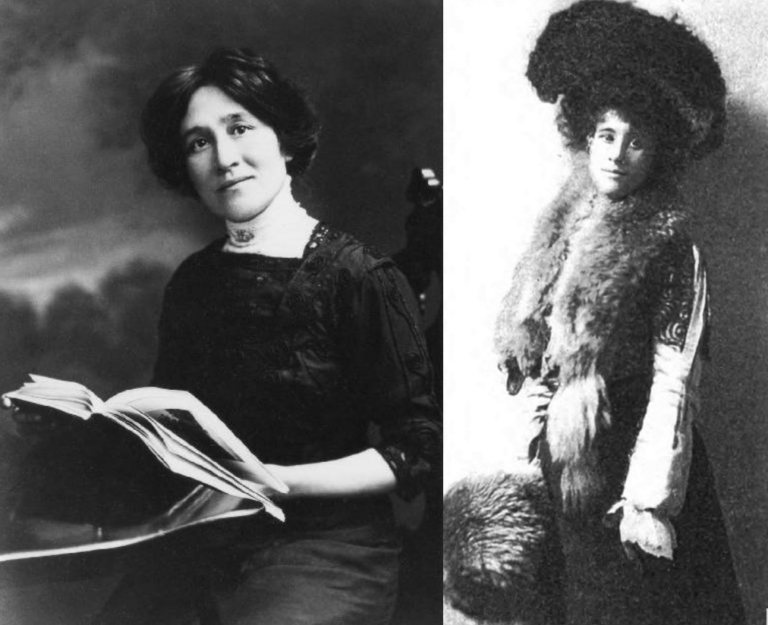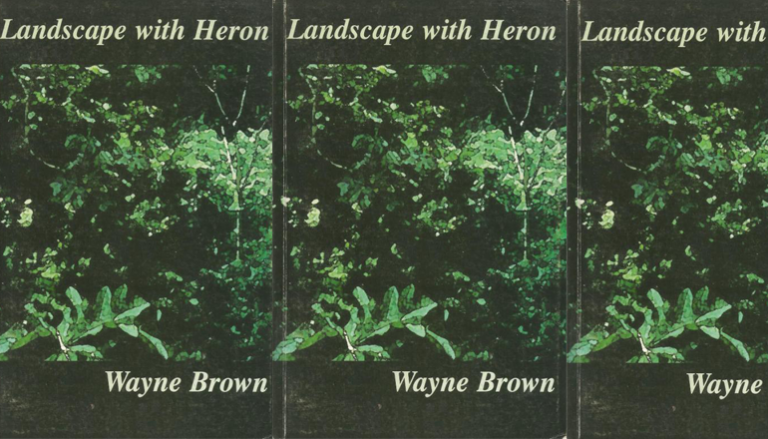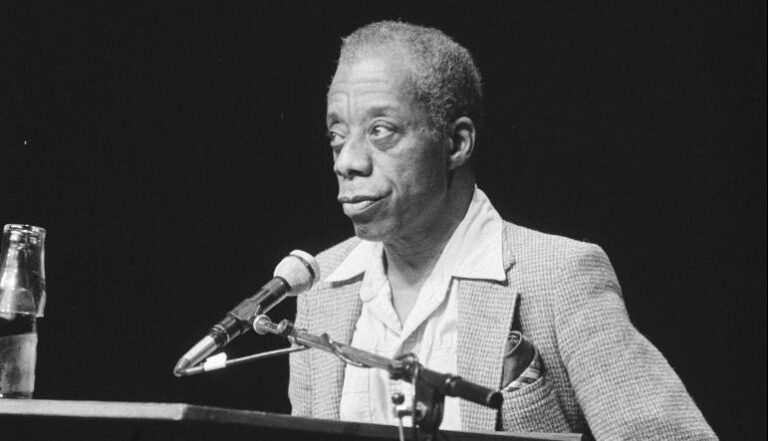“Free Ploughshares” Review: Spring 1990
Issue: Spring 1990
This is a review of a back issue of Ploughshares. The author won our “Free Ploughshares” contest that we hosted earlier this year and agreed to review his/her free issue. This post was written by Andrew David King. Enjoy!
The Future Then, the Past Now: Considering the Spring/Summer 1990 Issue of Ploughshares
A certain vibration of energy resonates at the juncture where one era slides into the next: the sensation of progress, of moving toward something new. The clock resets, or so we allow ourselves to think for a bit, champagne is poured. The Spring 1990 issue of Ploughshares, edited by Rita Dove and Fred Viebahn, is no exception—it too seems to tug decidedly forward. And more than twenty years later, the collection of works still hums with a dark sort of hopefulness, one aware of the past but unwilling to mar the future with its imperfections.
My first impression of the issue as I held it in my hands was one of age. The classic Ploughshares typeset stood out in red against brown; the overall aesthetic, though hardly antique, felt faithful to a period other than my own (unsurprisingly, since I was born two years later). I found common ground in the introduction by husband and wife team Fred Viebahn and Rita Dove. To read it is to listen as peal after peal of near-cocksure exuberance chimes from the pages. They remind readers that poetry “finds its origins in song and dance,” that the best poetry “nudges the body awake,” and lastly that the issue’s authors “have written out of their humanity rather than about their humanity.”
True to the words of Dove and Viebahn, all of the issue’s works undertake this project in some way or another. Their diverse forms and subjects attest to how writing “out of” humanity intersects genres. A host of miniature masterpieces linger between sprinklings of works by several well-known poets earlier along in their careers, such as Marilyn Hacker, Martín Espada, and Jane Hirshfield. Among these, Timothy Nolan’s “Beyond the Sign of the Fish,” a fourteen-part collage of poems, prose poems, and fictions, stands prominently. An exercise in tracing the line where the spiritual separates from the real in the American heartland, Nolan’s piece pastiches religious language and mixes in bizarre motifs.
Like Nolan’s work, Eileen Pollack’s story, “Past, Future, Elsewhere,” straddles the space between what can and what should happen. In it, Pollack takes her adolescent narrator’s hormonal yearnings for “elsewhere” and weaves them into a universal consideration of places—emotional, geographical, historical—as well as violence, family politics, and more social issues than some writers manage (or care) to address in an entire career. A new historical chapter has been opened, but the past won’t simply lie prone. In the story “Hacienda del Sol” by Jamie Diamond, a father and daughter face a collision of separate wants. The poetry of Anita N. Feng (“ghost marriage”) and Laurie Scheck (“Letter to K.,” etc.) both dive joltingly into conversation with the dead.
By the end of the issue, it’s clear that the collective mood is as cautionary as it is celebratory. Several fresh transitions merit attention: the issue announces Ploughshares’ new home at Emerson College, and the inaugural winners of the Kenyon Review Award for Literary Excellence. Tellingly, however, the concerns tucked inside the magazine’s skillfully wrought lines haven’t lost any of their relevance. As sobering at that realization might be, Mark Doty’s poem “Lament-Heaven” pinpoints what he calls “the little human cry / at the heart of the elegy,” that double-edged desire that keeps our naïve optimism from slipping into nihilism. “Oh, why aren’t I what I wanted to be, /exempt from history?” he asks, wrapping up the issue’s coda. Over two decades later, we’re still inching toward an answer—if that means reams of art this good, though, surely slowness is a virtue.
Andrew David King is a sophomore at UC Berkeley, where he studies Philosophy and English. His work has appeared online with The Rumpus, The Kenyon Review, and ZYZZYVA.


